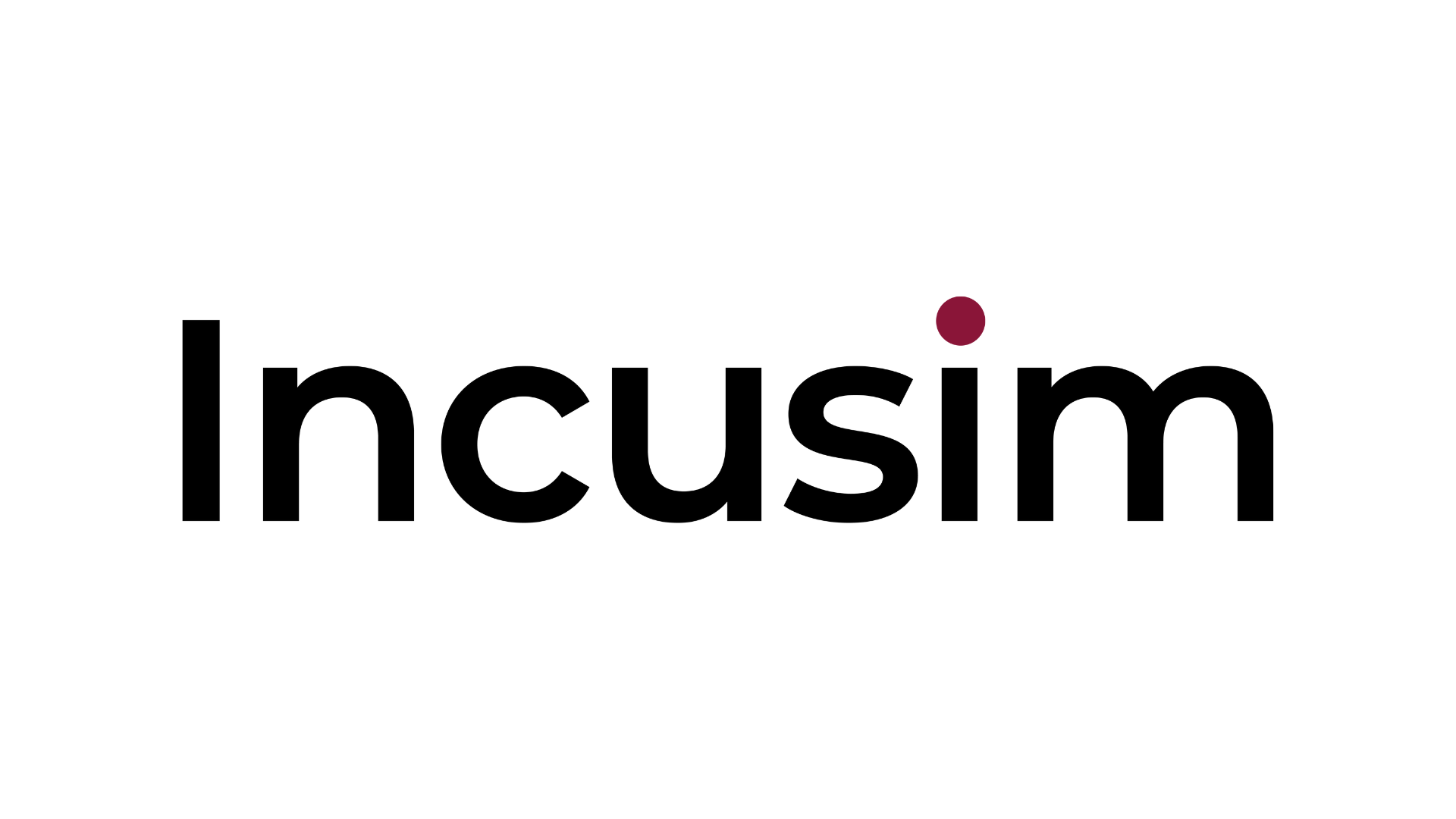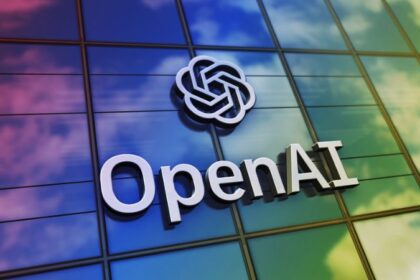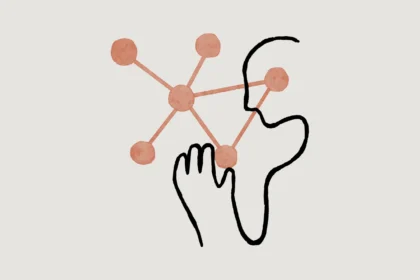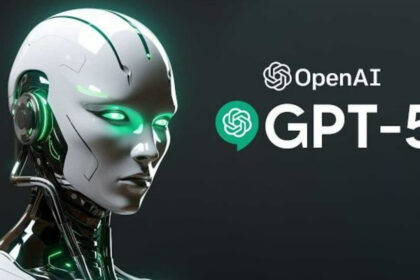For decades, the question asked in classrooms has been the same: “What do you want to be when you grow up?” The answers: doctor, lawyer, engineer; have also remained the same. But the world around us has shifted dramatically. According to the World Economic Forum, by 2030 one billion people will need to reskill, and roles in artificial intelligence, machine learning, and data analytics are among the fastest-growing. Yet most teenagers graduate without ever having interacted with these fields, let alone knowing whether they are suited for them.
Incusim, a newly launched career simulation program for teenagers, is tackling this challenge head-on with a bold solution: weekend-long, mentor-led programs for 14–18 year olds. Instead of being passive learners, students actively design projects, solve real-world problems, and collaborate with peers across the globe. Each program runs across four weekends, balancing accessibility with impact, and culminates in a portfolio-ready project that demonstrates both skill and initiative.
Why Career Simulation Programs Are the Future of Education
Traditional education is struggling to keep up with the pace of technological change. UNESCO warns that the mismatch between what schools teach and what industries demand has become a global crisis. Meanwhile, Deloitte projects that Gen Z will make up 27% of the global workforce by 2025, entering industries that are changing faster than any generation before them.
This is where career simulation programs come in. By giving teenagers a safe space to “test-drive” emerging industries, Incusim helps them discover passions early, gain practical skills, and enter adulthood with clarity and confidence.
Hands-On Learning in High-Growth Fields
The innovation of Incusim lies not just in what it teaches, but in how it teaches. The curriculum is built in collaboration with professionals from leading technology companies and startups. Students can explore fields such as:
- Artificial Intelligence and Machine Learning – understanding algorithms and building simple AI models.
- Robotics and Engineering – simulating the process of designing and testing solutions.
- Product Design – learning how to create products that solve real-world problems.
- Cybersecurity – exploring how to protect systems and data in an increasingly digital world.
- Data Analytics – turning numbers into insights that drive business and social decisions.
By focusing on clarity, confidence, and credibility, Incusim equips teenagers with tools to navigate an unpredictable career landscape with greater resilience.
Parents and Students Already Seeing Results
For parents, Incusim is more than an extracurricular activity, it is peace of mind. One mother described how her 16-year-old daughter, once undecided about her future, discovered a passion for cybersecurity through Incusim and is now confidently exploring university options. Another student, previously disengaged from traditional schoolwork, built an AI project during the program and found renewed excitement about learning.
These stories are not isolated; they reflect a growing demand among families for education that feels relevant, inspiring, and practical.
Shaping the Conversation About the Future of Work
“Education is still largely preparing students for the jobs of yesterday,” says Joy Eneghalu-Anele, founder of Incusim. “We built Incusim so teenagers could experience the careers of tomorrow; not in theory, but in practice before they step into the world of work.”
As Incusim launches, it is not just filling a gap in education, it is joining the global conversation about the future of work and the urgent need to bridge education with employability. With limited spaces, each cohort ensures personal mentorship while keeping costs at £500, making transformative learning experiences accessible.
The future is arriving faster than schools can adapt. Incusim stands as a bold reminder that preparing teenagers for it requires more than textbooks, it requires simulation, mentorship, and vision.







